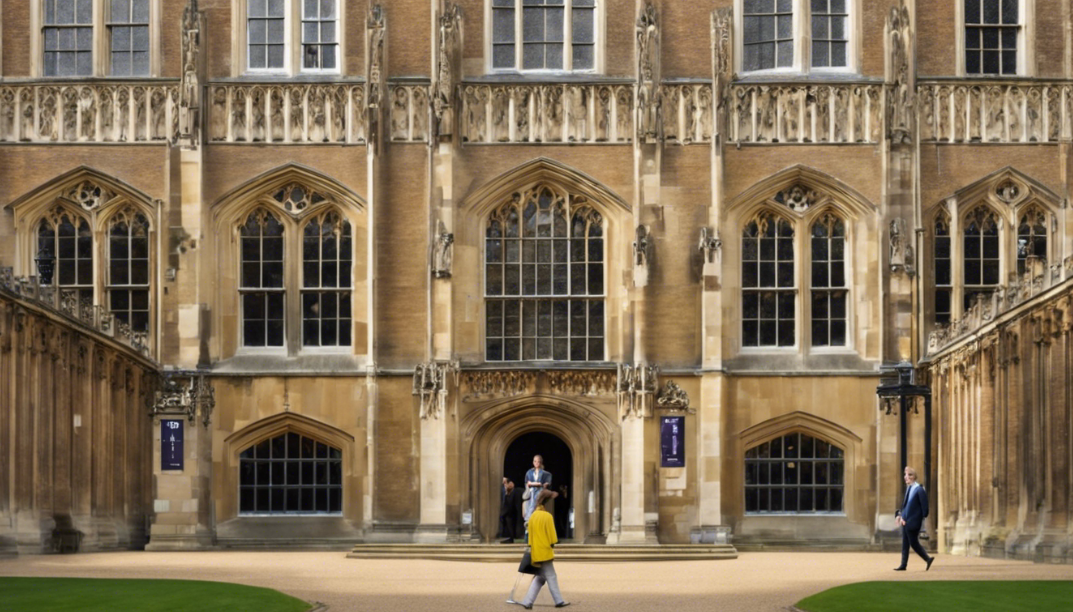
Cambridge University has unveiled a groundbreaking initiative with the establishment of the Institute for Technology and Humanity, a center dedicated to steering the rapid advancements in artificial intelligence (AI) and technology toward the benefit of humanity. The institute's primary objective is to comprehend the "double-edged sword" nature of AI, ensuring that technological progress is accompanied by careful consideration of potential risks.
Dr. Stephen Cave, the director of the Institute for Technology and Humanity, underscores the importance of learning from history's lessons. While previous technological revolutions have propelled human thriving with increased incomes and life expectancy, they have also incurred significant costs, such as social and political instability. Dr. Cave warns that the current era witnesses unprecedented speed and scale in technological development, necessitating a proactive approach to mitigate potential risks that could undermine our way of life.
The institute brings together researchers from three Cambridge centers, fostering interdisciplinary collaboration among historians, philosophers, computer scientists, and robotics experts. Their collective efforts aim to address the multifaceted challenges posed by AI and technology.
Ongoing projects at the institute include the development of design toolkits for ethical AI, computer vision systems designed to enhance the safety of self-driving cars, and research on the impact of natural phenomena like volcanoes on global communication systems. These initiatives reflect the institute's commitment to both ethical and practical considerations in the development of cutting-edge technologies.
Major research strands at the Institute for Technology and Humanity include lessons learned from the Covid-19 pandemic, exploration of potential misuses of generative AI, and the development of emotion-enhanced AI. Dr. Cave stresses that disruptive technologies are inherently double-edged swords, and the institute aims to proactively shape more desirable futures.
Cambridge University's vice-chancellor, Prof Deborah Prentice, expresses the importance of rising to the challenge posed by rapidly evolving technologies. The institute's role extends beyond technological development, emphasizing the need to ensure that human technologies align with human capacities and needs, preventing them from exceeding and overwhelming societal structures.
As the Institute for Technology and Humanity embarks on its journey, it stands as a beacon of proactive research, addressing the challenges posed by the double-edged sword of AI advancements and laying the foundation for a future where technology serves humanity's best interests.